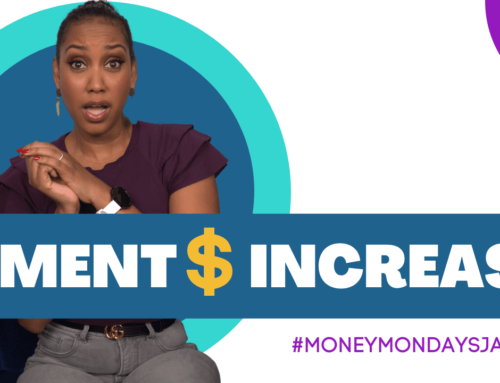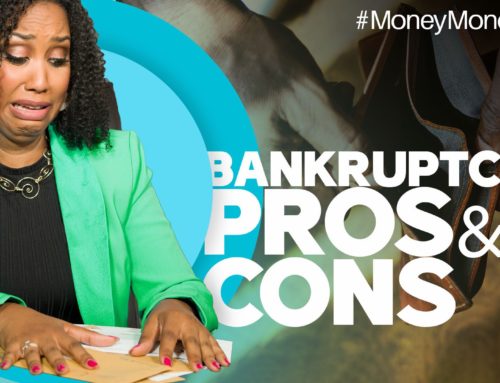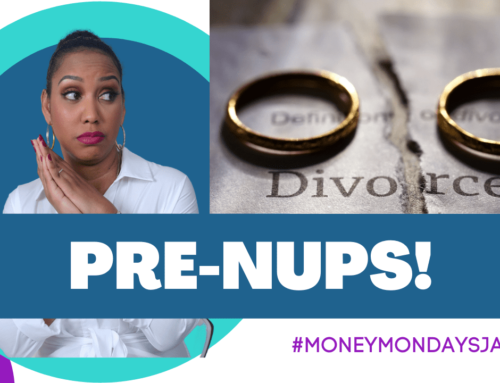The Jamaica Stock Exchange just launched their new private market, but how is it different from the regular stock exchange, and how does it affect you and your money? Well the JSE may have finished the year as one of the worst Performing Stock Exchanges of 2020, but they’ve got big plans to turn things around in 2021.
Managing Director of the JSE, Marlene Street Forrest, was a guest on Taking Stock with Kalilah Reynolds recently and announced the exchange’s plans to launch a platform that would help certain investors participate in the private market.
Private vs. Public
Most of us are familiar with the public market – the stock exchange – being able to buy and sell shares in a publicly listed company. Well, the private market is kinda the opposite.
First you have to understand the difference between a private and a public company. There are a couple of differences, but one of the main ones is the ease of access to capital and selling shares.
Once a company is publicly listed on a stock exchange, members of the public can own a stake in it by buying shares. This, in turn, gives the company more cash to help with day-to-day operations or expansion.
Private companies are not listed on a stock exchange and don’t have this option for fundraising because their shares aren’t available for the public to buy.
Those who are qualified to buy or sell shares in a private company are referred to as accredited investors. Accredited investors can be individuals or institutions such as banks or pension funds. To be an accredited investor, the individual or institution must meet specific income and net worth guidelines. In other words, your money haffi tall!
Many companies start out as private and then become listed on a public stock exchange, usually to raise funds.
Private investments are also less regulated than public ones and usually, come with higher risks. Companies listed on the JSE are required to file quarterly financial reports and post updates on management changes, and so on. Private companies are not obligated to do this.
While the public disclosure requirements can be a drawback of being a public company, the transparency provides peace of mind for investors.
So, the private market is simply a space where accredited investors can buy or sell shares in private companies. They can also participate in bonds offered by these companies, and other private deals.
“Sophisticated investors”
According to the JSE’s managing director, Marlene Street Forrest, the private market, which was launched on January 11, 2021, aims to improve transparency and ease of participation in these private transactions.
“If the capital is raised privately, as against what we have as the public market, the companies can list these issues. When the companies list these issues, they’ll be traded on the market for persons within the private market designation. Institutional investors, those high net worth investors, those investors [who we] call “sophisticated investors” and who have invested in these instruments privately, they can trade,” explained Mrs. Street Forrest.
“[If] you qualified to participate in that bond issue in the private space, then you would be a shareholder in that security, and as such, you and the others like you who participated could now have a transparent means on the secondary market of transferring should you wish to sell or buy those securities,” she added.
So unless you’re an accredited investor – someone of high net worth – you won’t be able to participate in trades on the private market. However, this is still a significant step by the JSE. Increased transparency in the private market will help boost trust in companies. And new initiatives like this help increase the JSE’s popularity and sustainability.
Visit EXIM Bank’s Business Advisory Service at:
https://eximbankja.com
AUDIO ONLY















